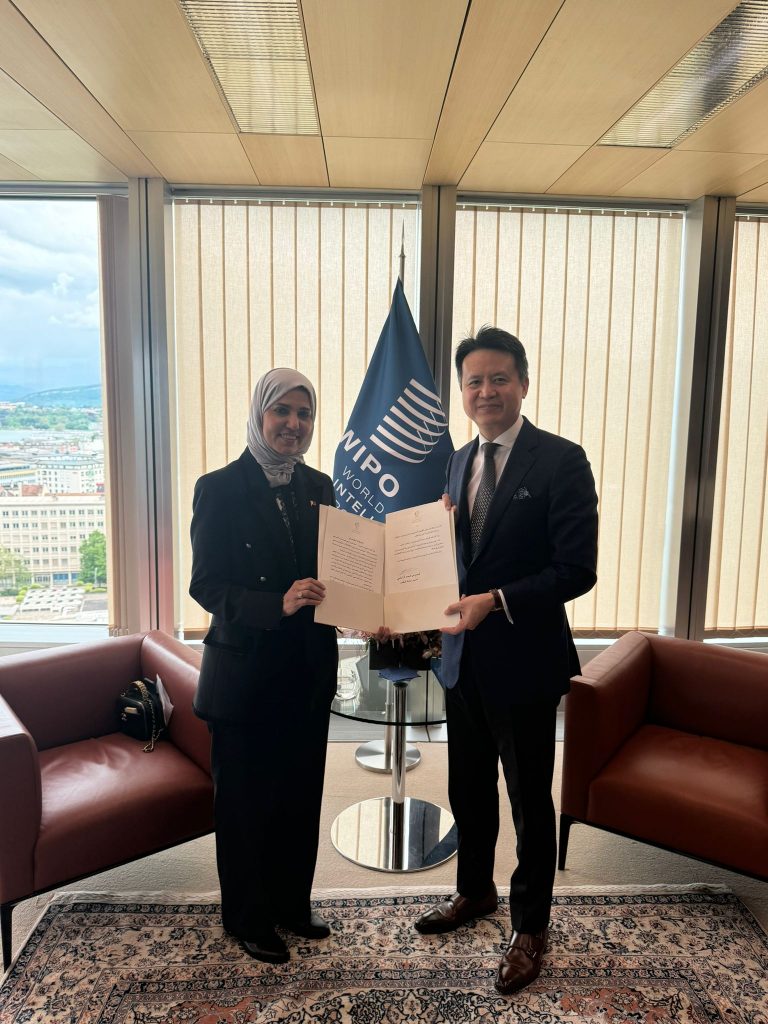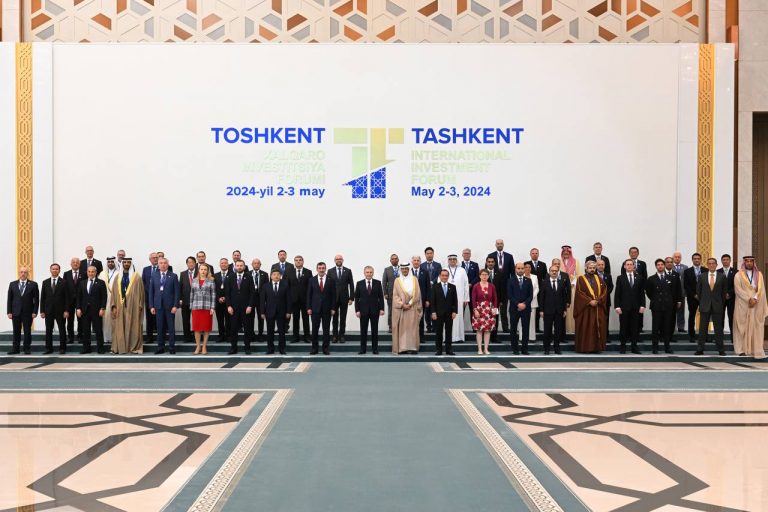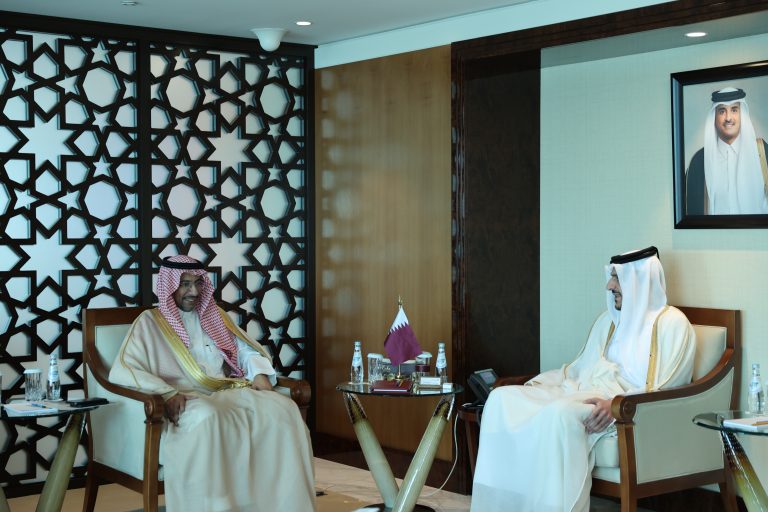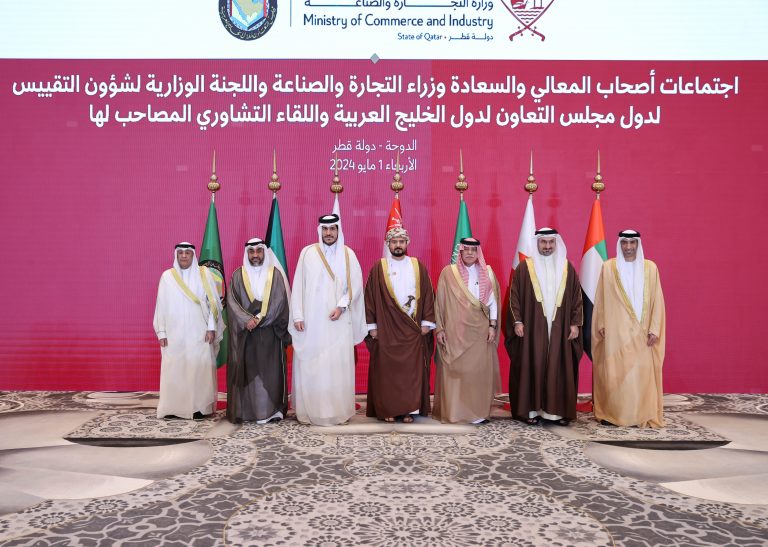The Technical Committee to Stimulate Private Sector Participation in Economic Development Projects at the Ministry of Economy and Commerce, in cooperation with the Ministry of Education and Higher Education, has announced the extension of the tender period for investment opportunities to develop and operate private schools until Sunday, 10th September, 2017 at 12 p.m. The period was extended at the request of investors.
The Technical Committee to Stimulate Private Sector Participation in Economic Development Projects at the Ministry of Economy and Commerce, in cooperation with the Ministry of Education and Higher Education, had previously announced the provision of investment opportunities to develop and operate private schools. This project comes within the framework of the state’s commitment to supporting and motivating the private sector to participate in economic development, in particular to encourage investment in the education sector, as well as to leverage the potential of integrated educational projects to add value to the national economy.
In total, 11 plots of land have been allotted for projects distributed over several areas: one land plot in Umm Qarn, one land plot in Rawdat Al-Hamama, four land plots in Al Wukair area, one land plot in Al Ebb area, one land plot in Al Thameed, two land plots in Al Khor and one land plot in Simaisma area.
The land area in each region is estimated at 15,000 square meters for each land plot.
The initiative, which involves the allotment of land plots to the private sector, aims to bolster quality education by improving the infrastructure to support training and education, and to accommodate an increase in the number of students in coming years. In addition, the initiative seeks to bolster diversity in education through the establishment of outstanding schools and the development of a highly qualified educational workforce.
According to the general policies, land plots will be offered to investors through a tender in accordance with the tender and auction regulations stipulated by Law No. 26 of 2005 and its amendments. The investor shall be required to provide a temporary bond of QR300,000. The projects will be managed through a design, build, finance and operate (DBFO) procurement contract.
All local and foreign companies will be allowed to participate in the tender, in accordance with Article 2 of Law No. 13 of 2000 governing the investment of non-Qatari capital in economic activity. Investors who meet at least 70 percent of the evaluation criteria are eligible. One investor will be selected per land plot. In the event that more than one investor qualifies for the same plot, priority will be given to the highest bidder. In case of equal bids, the selection is made by lottery.
Contracts will be based on a usufruct period of 25 years, to be renewed in the event of the beneficiary’s compliance with the policies, conditions and regulations stipulated in contracts without revoking the state’s right to cancel the contract or recover the land.
The Technical Committee to Stimulate Private Sector Participation in Economic Development Projects is a sub-committee of the Ministry of Economy and Commerce, with representatives from different government agencies, such as the Prime Minister’s office, Ministry of Finance, Ministry of Municipality and Environment, Ministry of Energy and Industry, Ministry of Transport and Communications, State Audit Bureau (as an observer), Public Works Authority, Manateq, Qatar General Electricity and Water Corporation “Kahramaa”, the Supreme Committee for Delivery and Legacy, Qatar Chamber, and Qatar Development Bank.
The committee focuses on stimulating the participation of the private sector in economic development projects by proposing projects that engage both government and private sectors, and suggesting ways to support and stimulate the private sector through necessary standards and regulations, land allocation policies, and policies relating to project tenders and auctions policies and supervising their implementation.
At the request of investors, Tender period extended until September 10, 2017 for investment opportunities to develop and operate private schools
June 20, 2017







